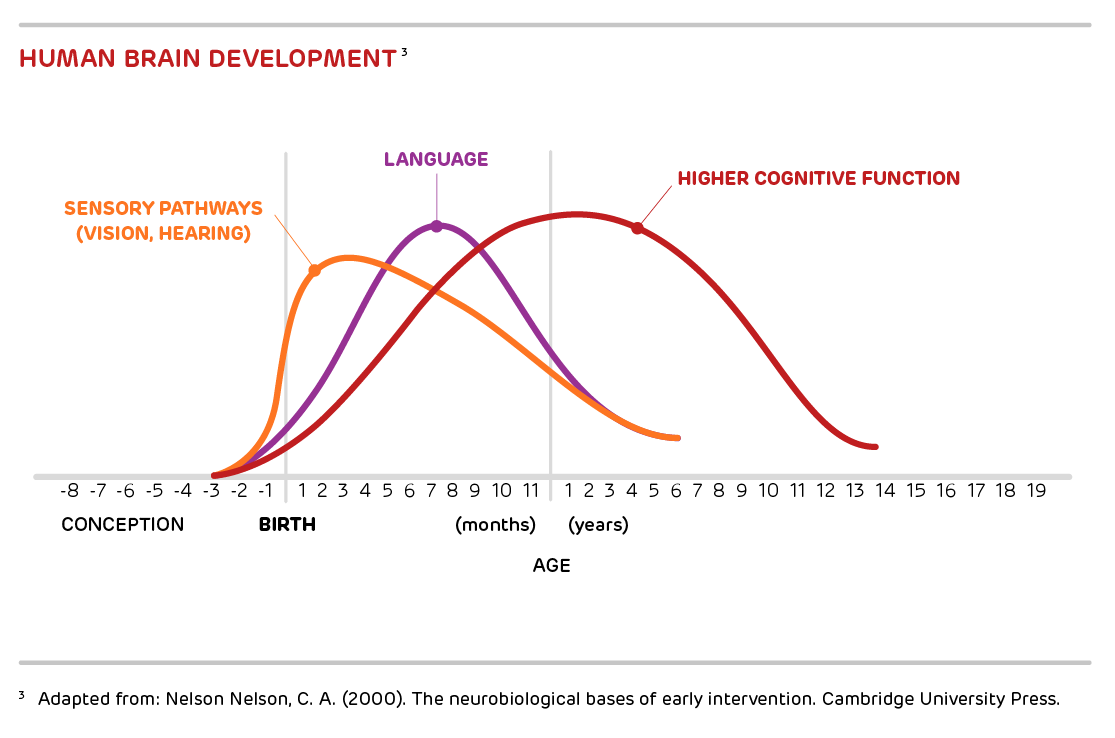
Scientific studies of children have shown that, between birth and the age of six, the brain quadruples in size and reaches 90% of its adult size.
The research also shows that neural connections forming inside the brain during this period are highly influenced by the environment in which the child is raised – and positive experiences during early childhood are the strongest foundations for educational attainment and lifelong physical and mental health.
The Human Safety Net’s For Families programme, active in 23 countries, supports parents living in vulnerable circumstances during the first six years of their children’s life by investing in parenting courses, family centres, and home visits that focus on building responsive relationships between parents and children, healthy behaviours, consistent routines and language-rich experiences.
The participating parents become more confident and able to cope better with their emotions and stress. They acquire simple practices and behaviours which have a proven impact on their children’s development.
Every day, the brain is built through early relationships, experiences, and opportunities for learning. These have a proven impact on children’s health, education and career prospects for the rest of their lives.
All of the biological systems in a child’s body respond to the environment around it. The brain receives signals from each system, which influence how it works and can even alter its chemistry and architecture. For example, multiple studies have shown that physical exercise promotes cardiovascular health and also stimulates the processes that lead to new neural connections and increased blood flow in the brain that improve memory and mood.
The early years are also the most vulnerable: poverty, stress and neglect can harm a child’s chances in life, overloading their biological systems and leading to long-term consequences to their physical health and their mental wellbeing.
Around the world, 250 million children under the age of five are at risk of not achieving their full potential and this situation has only grown worse during the global Covid-19 pandemic. But even when facing great adversity, the best safety net for young children is a nurturing relationship with their parents.
Here are some external resources if you want to deep dive on the topic:


